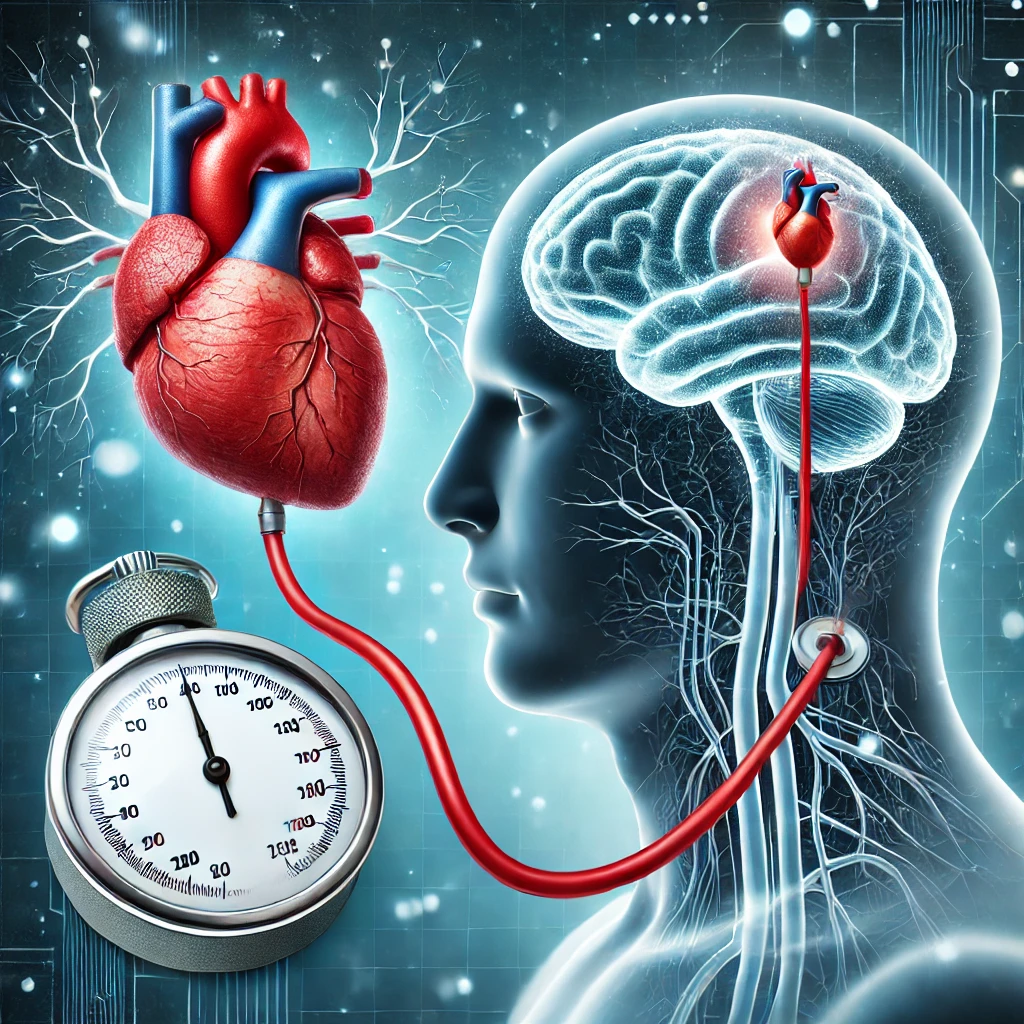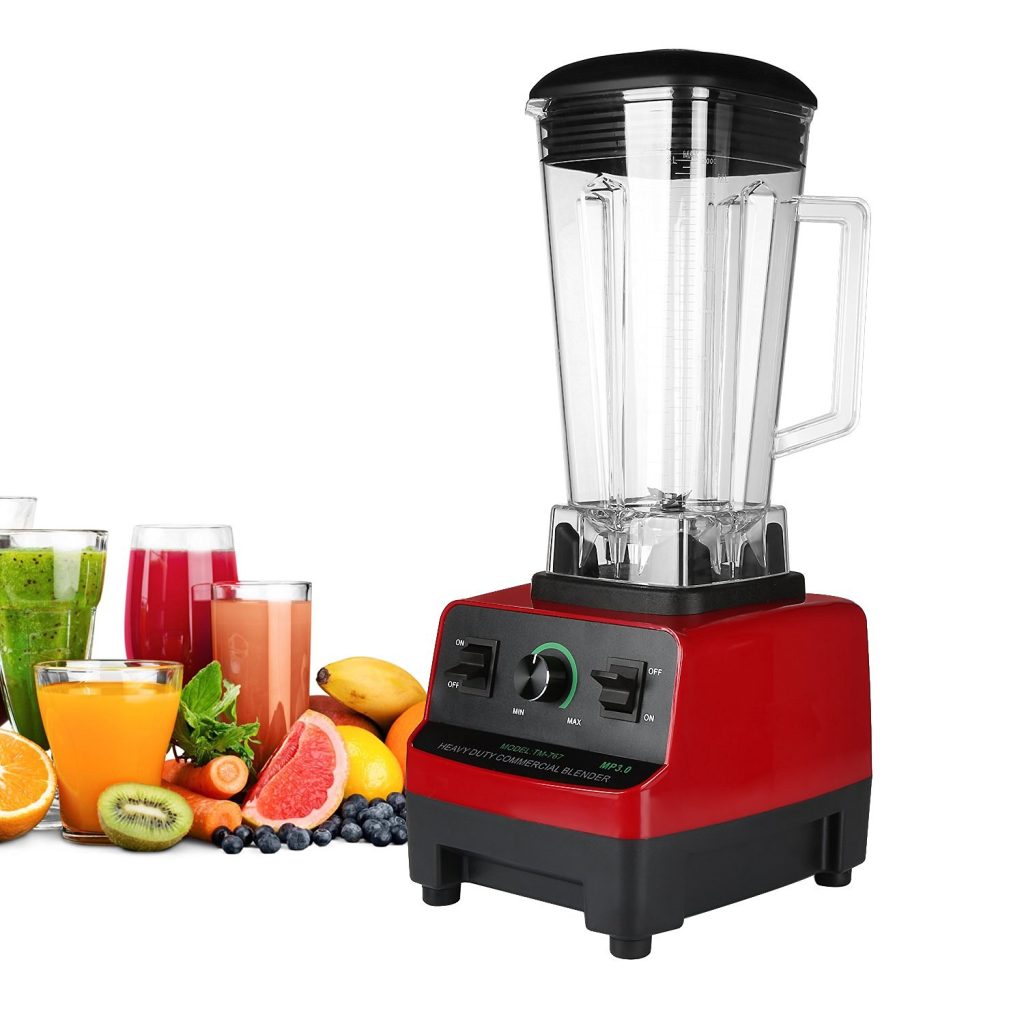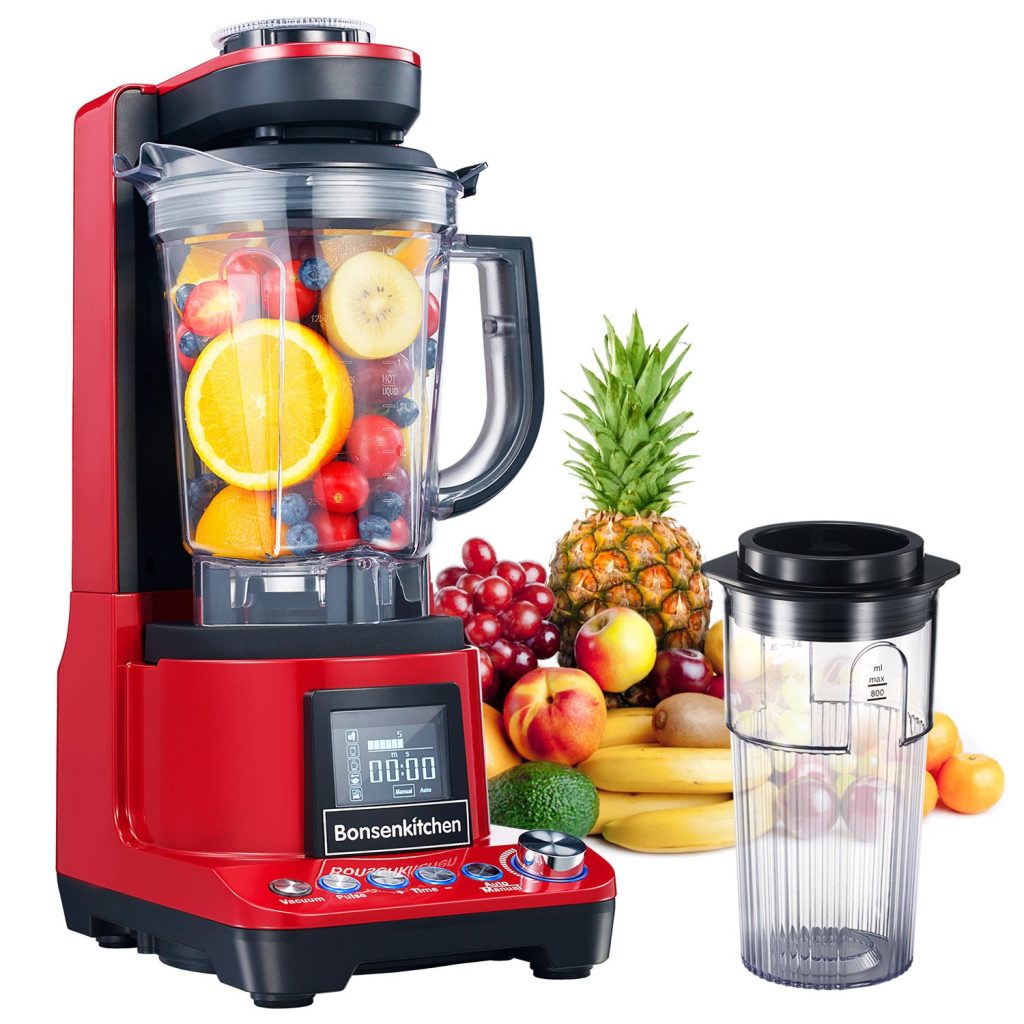Comprehensive Outline: Understanding High Blood Pressure in Young Adults
| Main Topic | Subtopics |
| H1: Understanding High Blood Pressure in Young Adults | |
| H2: What Is High Blood Pressure? | H3: Definition of High Blood PressureH3: How Blood Pressure Is Measured |
| H2: Why High Blood Pressure Is a Concern for Young Adults | H3: Rising Trends in Hypertension Among Young AdultsH3: Risks Associated with High Blood Pressure in Youth |
| H2: Common Causes of High Blood Pressure in Young Adults | H3: Lifestyle Factors (Diet, Lack of Exercise)H3: Genetic PredispositionH3: Stress and Mental Health Impact |
| H2: Symptoms and Signs of High Blood Pressure | H3: Silent Nature of HypertensionH3: Early Warning Signs to Watch For |
| H2: How Is High Blood Pressure Diagnosed in Young Adults? | H3: Regular Blood Pressure MonitoringH3: Medical Tests to Confirm Hypertension |
| H2: The Long-Term Impact of High Blood Pressure in Young Adults | H3: Heart DiseaseH3: Stroke RiskH3: Kidney Damage |
| H2: Treatment Options for High Blood Pressure in Young Adults | H3: Lifestyle Modifications (Diet, Exercise)H3: Medications for HypertensionH3: Holistic Approaches (Mindfulness, Stress Reduction) |
| H2: The Role of Diet in Managing Blood Pressure | H3: Importance of a Balanced DietH3: Foods to AvoidH3: Nutrients That Help Lower Blood Pressure |
| H2: Exercise and Its Benefits in Controlling Blood Pressure | H3: Types of Physical Activities Beneficial for HypertensionH3: How Regular Exercise Affects Heart Health |
| H2: Mental Health and High Blood Pressure: The Connection | H3: The Role of Stress in Increasing Blood PressureH3: Techniques to Manage Stress and Anxiety |
| H2: Preventive Measures to Avoid High Blood Pressure in Young Adults | H3: Importance of Early MonitoringH3: Healthy Lifestyle Choices from a Young Age |
| H2: Monitoring Blood Pressure at Home: Best Practices | H3: Devices for MonitoringH3: How to Accurately Measure Your Blood Pressure at Home |
| H2: Myths and Misconceptions About High Blood Pressure | H3: “Young People Don’t Get High Blood Pressure”H3: “If You Feel Fine, You Don’t Have High Blood Pressure” |
| H2: Frequently Asked Questions (FAQs) | H3: What is considered high blood pressure in young adults?H3: Can stress alone cause high blood pressure?H3: How often should young adults check their blood pressure?H3: What lifestyle changes can lower high blood pressure?H3: Are medications always necessary for treating high blood pressure?H3: How can I prevent high blood pressure as a young adult? |
| H2: Conclusion: Taking Control of Your Health | H3: Importance of Awareness and Early InterventionH3: How Young Adults Can Stay Proactive About Their Health |
H1: Understanding High Blood Pressure in Young Adults
High blood pressure, also known as hypertension, has long been associated with older adults. However, the prevalence of high blood pressure in young adults is rising, making it a significant health concern. The condition, often dubbed the “silent killer,” can develop without obvious symptoms, putting young individuals at risk of long-term complications. In this article, we explore high blood pressure, its causes, symptoms, and strategies to manage and prevent it in young adults.
H2: What Is High Blood Pressure?
H3: Definition of High Blood Pressure
High blood pressure occurs when the force of blood against the walls of the arteries is consistently too high. Blood pressure is measured in millimeters of mercury (mmHg) and given as systolic and diastolic pressure. The systolic number refers to the pressure in your arteries when your heart beats, while the diastolic number represents the pressure between beats. A reading of 120/80 mmHg is considered normal. High blood pressure is diagnosed when readings consistently exceed 130/80 mmHg.
H3: How Blood Pressure Is Measured
Blood pressure is measured using a cuff placed around the arm. The cuff inflates and tightens around the arm, temporarily stopping blood flow. Then, as it deflates, the device measures how much pressure the blood exerts on artery walls when the heart pumps and rests. Home monitoring devices make it easy for young adults to keep track of their blood pressure regularly.
H2: Why High Blood Pressure Is a Concern for Young Adults
H3: Rising Trends in Hypertension Among Young Adults
Recent studies show a concerning rise in hypertension among young adults, with lifestyle factors like poor diet, lack of physical activity, and increased stress contributing to the trend. Young adults in their twenties and thirties are now more likely to develop high blood pressure than ever before, and many remain undiagnosed due to a lack of regular check-ups.
H3: Risks Associated with High Blood Pressure in Youth
Unchecked high blood pressure can lead to severe health issues, including heart disease, kidney damage, and strokes. Because young adults typically believe they’re “too young” to have hypertension, they often overlook early warning signs, leaving them vulnerable to long-term damage.
H2: Common Causes of High Blood Pressure in Young Adults
H3: Lifestyle Factors (Diet, Lack of Exercise)
One of the leading causes of high blood pressure in young adults is lifestyle choices. Diets high in salt, fat, and processed foods increase blood pressure, while a sedentary lifestyle further exacerbates the problem. Regular physical activity helps regulate blood pressure and promotes heart health.
H3: Genetic Predisposition
Some young adults may have a genetic predisposition to high blood pressure. A family history of hypertension increases the likelihood of developing the condition early, even if you lead an otherwise healthy lifestyle.
H3: Stress and Mental Health Impact
Chronic stress, anxiety, and depression have been linked to elevated blood pressure levels. Young adults navigating their careers, relationships, and financial pressures may experience high stress, which, if unmanaged, can lead to hypertension.
H2: Symptoms and Signs of High Blood Pressure
H3: Silent Nature of Hypertension
High blood pressure is often called a “silent” condition because many people don’t experience noticeable symptoms until significant damage has occurred. This is why regular blood pressure checks are critical, even for young, healthy individuals.
H3: Early Warning Signs to Watch For
Some early signs of high blood pressure include frequent headaches, shortness of breath, and dizziness. If you experience any of these symptoms, especially with no clear cause, it’s essential to get your blood pressure checked.
H2: How Is High Blood Pressure Diagnosed in Young Adults?
H3: Regular Blood Pressure Monitoring
Diagnosing high blood pressure in young adults begins with regular blood pressure checks. Unlike older adults who are often encouraged to monitor their blood pressure regularly, young adults tend to overlook this. However, early detection is key to preventing long-term complications. Healthcare providers recommend that young adults have their blood pressure checked at least once every year, and more frequently if there are risk factors like family history, obesity, or lifestyle choices that may contribute to hypertension.

H3: Medical Tests to Confirm Hypertension
When a healthcare professional suspects high blood pressure, they may order additional tests to confirm the diagnosis and rule out secondary causes. These tests include blood tests to check for cholesterol levels, kidney function, and other markers that could indicate underlying health issues. Doctors may also recommend a 24-hour ambulatory blood pressure monitor, which tracks blood pressure throughout the day to provide a more accurate reading. This helps determine whether the high blood pressure is sustained or temporary due to factors like stress or anxiety.
H2: The Long-Term Impact of High Blood Pressure in Young Adults
H3: Heart Disease
One of the most severe long-term effects of high blood pressure is its impact on the heart. Hypertension forces the heart to work harder to pump blood, leading to thickening of the heart muscle and increasing the risk of heart failure over time. Young adults with untreated high blood pressure are at a higher risk of developing heart disease earlier in life, potentially leading to heart attacks, arrhythmias, or other cardiovascular complications.
H3: Stroke Risk
High blood pressure is a leading cause of strokes, even in younger individuals. When blood pressure remains high, it can cause blood vessels in the brain to weaken and rupture, leading to hemorrhagic strokes. Alternatively, hypertension can cause blockages in the arteries, leading to ischemic strokes. Both scenarios can have life-altering consequences, including disability or death, making it crucial for young adults to manage their blood pressure effectively.
H3: Kidney Damage
The kidneys play a vital role in regulating blood pressure by controlling fluid levels and filtering waste from the bloodstream. Chronic high blood pressure damages the blood vessels in the kidneys, reducing their ability to function correctly. Over time, this can lead to kidney disease or kidney failure, requiring dialysis or a transplant. Young adults with uncontrolled hypertension are at risk of significant kidney damage, even if they feel fine otherwise.
H2: Treatment Options for High Blood Pressure in Young Adults

H3: Lifestyle Modifications (Diet, Exercise)
The first line of defense in treating high blood pressure, particularly in young adults, is lifestyle modification. A balanced diet low in salt, saturated fats, and processed foods can significantly reduce blood pressure. The DASH (Dietary Approaches to Stop Hypertension) diet is often recommended, emphasizing fruits, vegetables, whole grains, and lean proteins. Regular physical activity, such as 30 minutes of aerobic exercise five times a week, also helps lower blood pressure by improving heart health and promoting weight loss.
H3: Medications for Hypertension
In some cases, lifestyle changes alone may not be enough to control high blood pressure. Doctors may prescribe medications, such as ACE inhibitors, beta-blockers, or diuretics, to help regulate blood pressure. Young adults need to follow their medication regimen closely and attend regular check-ups to monitor their progress. While some people may only need medication temporarily, others might require long-term treatment to keep their blood pressure in check.
H3: Holistic Approaches (Mindfulness, Stress Reduction)
In addition to conventional treatments, holistic approaches can play a significant role in managing high blood pressure. Stress is a major contributor to hypertension, and young adults can benefit from practices like mindfulness, meditation, and yoga, which promote relaxation and help reduce stress levels. Techniques such as deep breathing exercises and progressive muscle relaxation can also be effective in lowering blood pressure naturally.
H2: The Role of Diet in Managing Blood Pressure
H3: Importance of a Balanced Diet
A well-balanced diet is crucial in managing high blood pressure. Certain foods can exacerbate hypertension, while others can help control it. Consuming a diet rich in potassium, calcium, magnesium, and fiber can have a positive impact on blood pressure. Potassium, in particular, helps balance sodium levels in the body, which is important for blood pressure regulation.
H3: Foods to Avoid
Young adults with high blood pressure should avoid foods high in sodium, trans fats, and sugar. These include processed snacks, fast food, canned soups, and sugary beverages. Reducing salt intake to less than 1,500 milligrams per day is recommended for individuals with hypertension. Additionally, cutting back on alcohol and caffeine can help lower blood pressure.
H3: Nutrients That Help Lower Blood Pressure
Certain nutrients have been shown to lower blood pressure naturally. These include omega-3 fatty acids, which are found in fatty fish like salmon, and antioxidants like vitamin C and E. Foods such as bananas, spinach, and sweet potatoes are excellent sources of potassium, while leafy greens, yogurt, and almonds provide calcium and magnesium.

H2: Exercise and Its Benefits in Controlling Blood Pressure
H3: Types of Physical Activities Beneficial for Hypertension
Exercise is a powerful tool for lowering blood pressure, and it’s particularly effective when done consistently. Aerobic activities like jogging, swimming, cycling, and even brisk walking can improve cardiovascular health and reduce hypertension. Strength training also has benefits, as it helps reduce overall body fat, which is a major risk factor for high blood pressure.

H3: How Regular Exercise Affects Heart Health
Regular physical activity strengthens the heart, allowing it to pump blood more efficiently, which reduces the pressure on the arteries. This can lower both systolic and diastolic blood pressure. For young adults, incorporating exercise into their daily routine not only helps manage blood pressure but also promotes long-term heart health.
H2: Mental Health and High Blood Pressure: The Connection
H3: The Role of Stress in Increasing Blood Pressure
Chronic stress is a major contributor to high blood pressure, especially in young adults who may be dealing with academic, career, and personal pressures. When the body is stressed, it releases hormones like cortisol and adrenaline, which temporarily raise blood pressure. If stress becomes a regular part of life, these hormone levels remain elevated, leading to sustained hypertension.
H3: Techniques to Manage Stress and Anxiety
Managing stress is essential in controlling high blood pressure. Young adults can benefit from stress-reduction techniques such as mindfulness meditation, deep breathing exercises, and progressive muscle relaxation. Time management strategies, taking regular breaks, and engaging in hobbies can also help alleviate stress and prevent it from impacting blood pressure.


H2: Preventive Measures to Avoid High Blood Pressure in Young Adults
H3: Importance of Early Monitoring
Prevention is always better than treatment, and regular monitoring of blood pressure can help young adults stay ahead of potential problems. Early intervention through lifestyle changes can prevent hypertension from becoming a chronic issue.
H3: Healthy Lifestyle Choices from a Young Age
Adopting a healthy lifestyle early on is one of the best ways to prevent high blood pressure. This includes maintaining a balanced diet, exercising regularly, avoiding smoking, and limiting alcohol consumption. Making these changes in your twenties and thirties can significantly reduce your risk of developing hypertension later in life.
H2: Monitoring Blood Pressure at Home: Best Practices
H3: Devices for Monitoring
Many young adults can benefit from monitoring their blood pressure at home. Digital blood pressure monitors are widely available and easy to use, making it convenient to track readings regularly. It’s essential to choose a reliable device that’s been validated for accuracy.
H3: How to Accurately Measure Your Blood Pressure at Home
To get an accurate reading, it’s important to follow proper procedures when measuring blood pressure at home. Sit quietly for a few minutes before taking your reading, and ensure your arm is supported at heart level. Avoid caffeine, exercise, or smoking at least 30 minutes before measuring to avoid skewing the results.
H2: Myths and Misconceptions About High Blood Pressure
H3: “Young People Don’t Get High Blood Pressure”
One of the most common misconceptions is that only older adults need to worry about high blood pressure. In reality, hypertension can affect people of all ages, and young adults are increasingly at risk due to lifestyle factors and stress.
H3: “If You Feel Fine, You Don’t Have High Blood Pressure”
Another myth is that you’ll always feel symptoms if you have high blood pressure. The truth is, many people with hypertension experience no symptoms, which is why it’s called the “silent killer.” Regular check-ups are essential to detect it early.
Frequently Asked Questions (FAQs)
What is considered high blood pressure in young adults?
A blood pressure reading consistently above 130/80 mmHg is considered high for young adults. It’s important to monitor regularly to catch any rising trends early.
Can stress alone cause high blood pressure?
Yes, chronic stress can contribute to elevated blood pressure levels. While stress alone may not cause hypertension, it can exacerbate the condition, especially when combined with other factors like poor diet or lack of exercise.
How often should young adults check their blood pressure?
Young adults should have their blood pressure checked at least once a year. If there are risk factors present, such as family history or obesity, more frequent monitoring is advised.
What lifestyle changes can lower high blood pressure?
Reducing salt intake, eating a balanced diet, exercising regularly, and managing stress are all effective ways to lower blood pressure naturally.
Are medications always necessary for treating high blood pressure?
Not always. In many cases, lifestyle changes can effectively control high blood pressure. However, some individuals may require medication, especially if lifestyle modifications aren’t enough to lower their readings.
Thanks follow me for more juicy info for a better health. www.blendmastershub.com
on tiktok @windoumazern